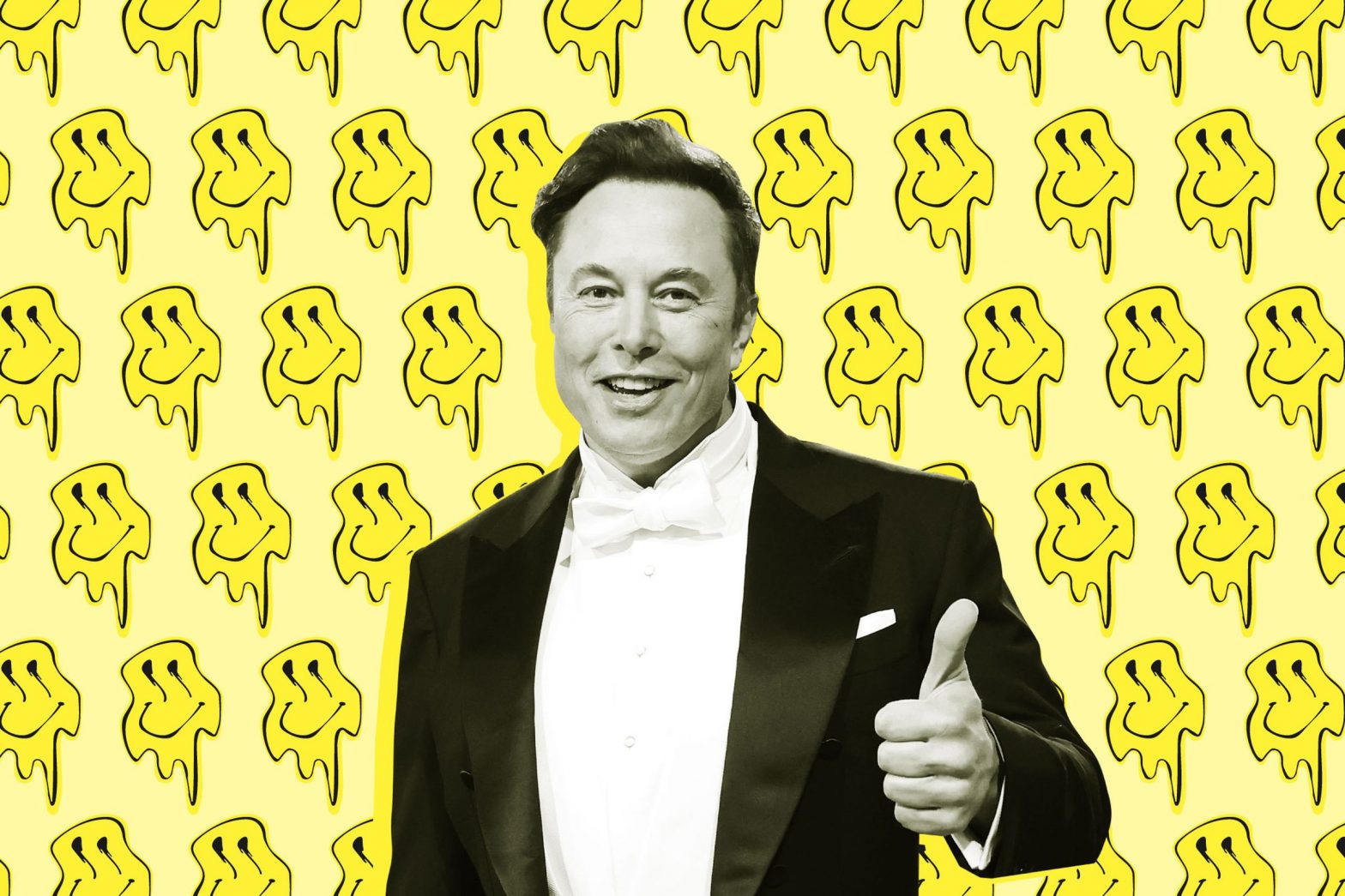/
The case for separating ‘art from artist’ is becoming increasingly difficult for prospective Tesla customers.
Share this story
:format(webp)/cdn.vox-cdn.com/uploads/chorus_asset/file/23906823/VRG_Illo_STK022_K_Radtke_Musk_Smiles.jpg)
Elon Musk’s controversial behavior in recent years is “very likely” to be a contributing factor in Tesla’s declining sales, according to corporate reputation tracking firm Caliber.
Survey data reported by Reuters found that Tesla’s “consideration score” — a metric used by Caliber to track consumer interest in brands, based on how they respond to the prompt “I would buy, or continue buying, products and services from Tesla, if given the chance” — has fallen to 31 percent from its 70 percent high in November 2021, tumbling by 8 percent alone this January. Caliber’s consideration scores for rival EV-producing manufacturers Audi, BMW, and Mercedes, meanwhile, increased slightly during the same period, reaching between 44–47 percent.
A separate study from analytics firm CivicScience tracking Musk’s approval among US consumers found that 42 percent of respondents viewed him unfavorably, compared to 34 percent when his stake in Twitter was announced in April 2022. The Tesla CEO’s conduct has been repeatedly scrutinized since that point, with mounting controversies ranging from changing operations at X — the site formerly known as Twitter — to his frequent promotion of conspiracy theories and other harmful rhetoric.
Caliber claims 83 percent of Americans it surveyed associated Tesla with Musk, with Caliber CEO Shahar Silbershatz telling Reuters that it’s “very likely that Musk himself is contributing to the reputational downfall.” Additional data supplied to Reuters by brand valuation consultancy Brand Finance show a similar decline in Tesla’s reputation among consumers in the Netherlands, US, UK, France, and Australia between 2023 and 2024.
If Musk’s polarizing behavior is impacting Tesla sales, it’ll be one of several factors at play — the company warned back in January that its growth in 2024 “may be notably lower” than last year as it prepares its vehicle lineup for 2025. Tesla also faces increasing competition from rival EV providers like Rivian and China’s BYD and attributed declining sales to manufacturing delays and shipping disruptions in its Q1 production report.
Bloomberg made similar connections between Musk’s dwindling reputation and Tesla’s volatile stock price over a year ago. He hasn’t exactly made his persona any more palatable since then.
